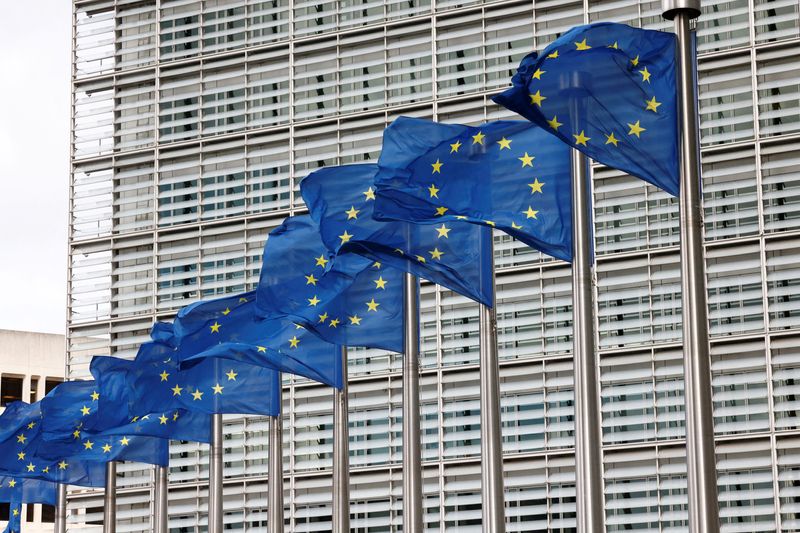WASHINGTON (Reuters) - Measures by European Union countries to shield households and companies from the energy price surge should be temporary and targeted but, crucially, encourage lower consumption by not distorting price signals, the International Monetary Fund said on Friday.
The head of the IMF's European Department, Alfred Kammer, told a news conference a good example of a well-targeted measure was support for low and middle-income households through lump-sum rebates on their energy bills.
A less efficient alternative would be higher tariffs for higher levels of energy consumption.
"While such an approach is not fully targeted to the vulnerable, it is still a better option than broad price caps," he said.
Providing help only to those who need it most was key also because broad support would exacerbate the high inflation that the European Central Bank is trying to tame with steep interest rate increases and complicate efforts to keep public finances healthy.
Kammer said the cost of living for households across Europe has gone up by more than 7% on average in 2022 because of higher energy prices.
Compensating fully the bottom 20% of households would cost 0.4% of GDP, while compensating the lower 40% would cost close to 1% of GDP, he said.

"However, the fiscal costs of some of the existing packages, including new measures being announced, are vastly larger than these numbers. So, clearly, there is room to provide support for vulnerable people at lower cost," he said.
Kammer added that the issue of help for companies would best be solved at the EU, rather than the national level, to preserve fair competition in the bloc's single market.